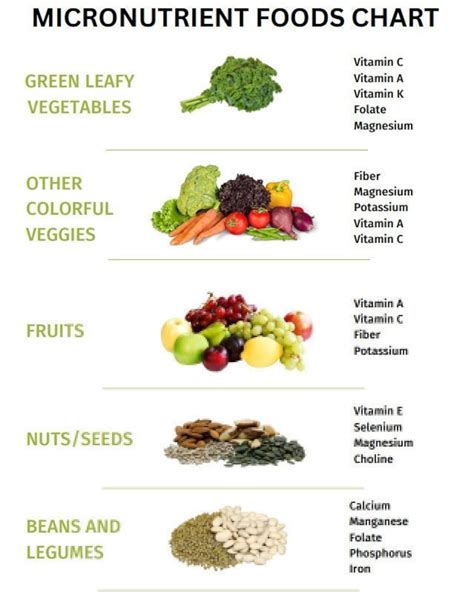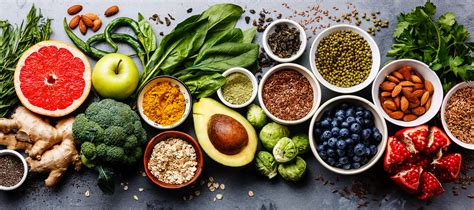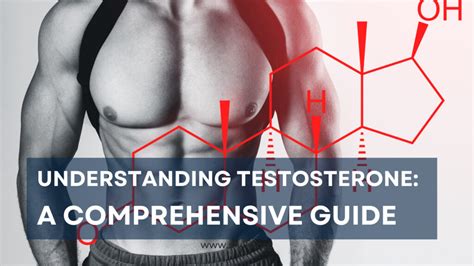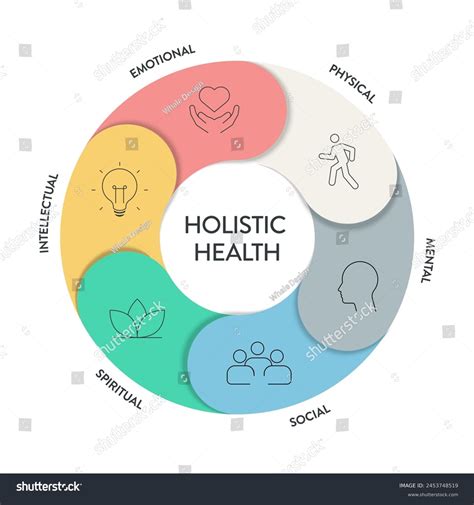What nutrition strategy boosts natural testosterone for men’s peak performance?

For men seeking to achieve peak physical and mental performance, maintaining optimal levels of natural testosterone is crucial. This vital hormone influences everything from muscle mass and bone density to mood, energy levels, and libido. While various factors contribute to testosterone regulation, nutrition stands out as a powerful, actionable lever. By adopting a strategic dietary approach, men can naturally support their body’s hormone production and unlock their full potential.
The Foundational Role of Micronutrients
Certain vitamins and minerals are indispensable cofactors in testosterone synthesis. Ensuring adequate intake of these micronutrients is a cornerstone of any testosterone-boosting nutrition plan.
- Vitamin D: Often referred to as the “sunshine vitamin,” Vitamin D acts more like a steroid hormone in the body. Research consistently links higher Vitamin D levels with elevated testosterone. While sun exposure is a primary source, dietary sources like fatty fish (salmon, mackerel), fortified dairy, and supplements are often necessary, especially in less sunny climates.
- Zinc: This essential mineral plays a critical role in numerous bodily functions, including hormone production. Zinc deficiency is commonly associated with lower testosterone levels. Excellent dietary sources include oysters, red meat, poultry, beans, nuts, and whole grains.
- Magnesium: Involved in over 300 enzymatic reactions, magnesium impacts muscle function, nerve function, and energy production. Studies suggest that magnesium supplementation can increase both total and free testosterone levels, particularly in physically active men. Spinach, almonds, avocados, and legumes are rich sources.

Macronutrients: The Right Balance is Key
Beyond micronutrients, the balance of macronutrients—fats, proteins, and carbohydrates—significantly impacts hormonal health.
Healthy Fats: Don’t Fear the Fat
Dietary fats, especially saturated and monounsaturated fats, are crucial for hormone production, including testosterone. Cholesterol, a precursor to testosterone, comes from fats in your diet. However, the type of fat matters. Focus on healthy fats:
- Monounsaturated Fats: Found in olive oil, avocados, and nuts.
- Saturated Fats: While often demonized, moderate intake from quality sources like grass-fed butter, coconut oil, and pastured meats is beneficial for hormone synthesis.
- Omega-3 Fatty Acids: Abundant in fatty fish, flaxseeds, and walnuts, these reduce inflammation and support overall cellular health, indirectly aiding hormone function.
Protein and Carbohydrates: Fueling Performance and Recovery
Adequate protein intake is essential for muscle growth and repair, which supports testosterone. Aim for lean protein sources like chicken, turkey, fish, eggs, and legumes. Carbohydrates, particularly complex carbs, provide energy for workouts and help manage cortisol (a stress hormone that can suppress testosterone) levels. Focus on whole grains, fruits, and vegetables.

Strategic Food Choices for Testosterone Support
Incorporating specific foods into your daily diet can provide a concentrated boost of testosterone-friendly nutrients.
- Cruciferous Vegetables: Broccoli, cauliflower, kale, and Brussels sprouts contain compounds like Indole-3-Carbinol (I3C) which help metabolize estrogen, preventing it from binding to testosterone receptors and promoting a healthier testosterone-to-estrogen ratio.
- Onions and Garlic: These alliums contain compounds that may help reduce inflammation and boost testosterone production.
- Berries and Antioxidant-Rich Foods: Blueberries, strawberries, and other colorful fruits and vegetables are packed with antioxidants, which combat oxidative stress—a factor that can negatively impact hormone levels.
- Red Grapes: Resveratrol, found in red grape skins, has been linked to increased testosterone levels and improved sperm quality in some studies.

Dietary Patterns and Lifestyle Considerations
While specific foods are important, an overall dietary pattern and certain lifestyle habits significantly amplify nutritional efforts.
Embrace a Whole-Foods Diet
Prioritize whole, unprocessed foods. Minimize intake of refined sugars, trans fats, and highly processed items, which can contribute to inflammation, insulin resistance, and reduced testosterone.
Hydration is Key
Adequate water intake supports all bodily functions, including metabolic processes involved in hormone production and transport. Dehydration can stress the body and negatively impact hormonal balance.
Limit Alcohol and Caffeine (in excess)
Excessive alcohol consumption can directly impair testosterone production. While moderate caffeine intake can have benefits, overconsumption may interfere with sleep and stress hormone regulation, indirectly affecting testosterone.

Beyond the Plate: A Holistic Approach
While nutrition is a cornerstone, remember that testosterone optimization is multifaceted. Regular strength training, sufficient high-quality sleep (7-9 hours), and effective stress management are equally vital components. These lifestyle factors work synergistically with your nutrition strategy to create an environment conducive to optimal hormone health.

Conclusion
Boosting natural testosterone for peak performance isn’t about magic pills or quick fixes; it’s about a consistent, well-planned nutritional strategy combined with smart lifestyle choices. By focusing on nutrient-dense whole foods, ensuring adequate intake of key vitamins and minerals, balancing macronutrients, and minimizing inflammatory foods, men can create a powerful foundation for robust hormonal health, improved energy, enhanced physical capabilities, and overall well-being. Consult with a healthcare professional or registered dietitian to tailor a plan that best suits your individual needs and health goals.








